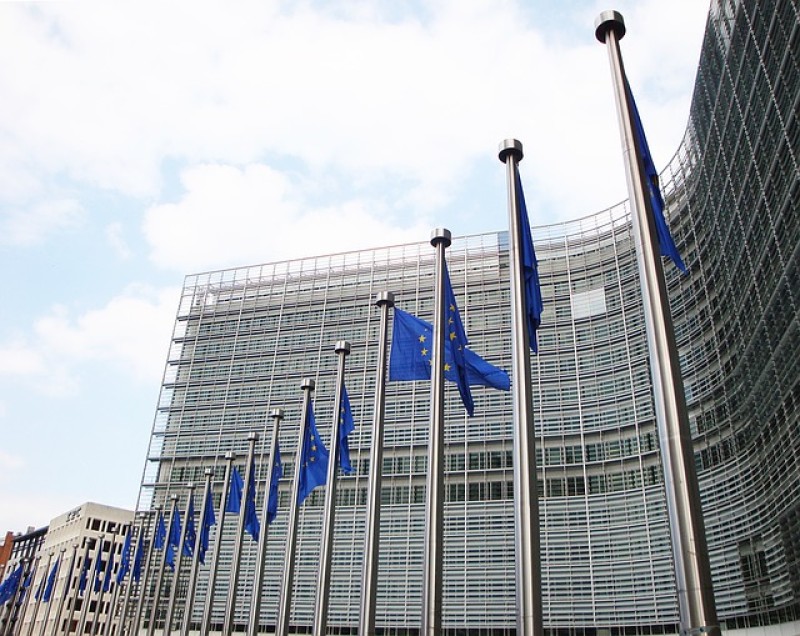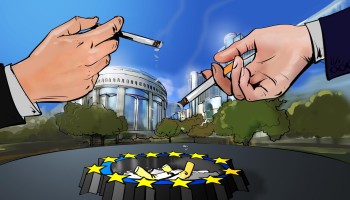The new law ensures that people can safely report injustices and wrongdoings to media and authorities and be protected against retaliations such as dismissal and demotion.
The commission said it recognizes the importance of whistleblowers in recent revelations such as the Panama Papers, Luxleaks and the Cambridge Analytica scandal.
"Many recent scandals may never have come to light if insiders hadn't had the courage to speak out, First Vice-President Frans Timmermans said. “But those who did, took enormous risks. So if we better protect whistleblowers, we can better detect and prevent harm to the public interest such as fraud, corruption, corporate tax avoidance or damage to people's health and the environment.”
The proposal “could not come at a more vital time,” anti-corruption watchdog Transparency International stated in a press release. Transparency has been campaigning for whistleblower protection for a long time and the new directive will need to be strengthened.
“The European Commission has produced an ambitious proposal, which will need to be strengthened to ensure that whistleblowers, no matter who they are or where they work, will be protected,” said Nicholas Aiossa, policy officer of Transparency International EU.
The new law applies to anyone reporting on breaches of EU law, which includes money laundering, terrorism financing, product and transport safety, environmental protection, nuclear safety, public health, privacy protection, and corporate tax rules.
“There should be no punishment for doing the right thing. In addition, today's proposals also protect those who act as sources for investigative journalists, helping to ensure that freedom of expression and freedom of the media are defended in Europe,” Timmermans said.
Large media companies and government administrations will have to set up reporting channels that ensure confidentiality, protection, feedback and the prevention of retaliation.
National authorities will be required to inform citizens and provide training to its servants.
Currently, only ten EU states offer full protection for whistleblowers. Across the EU, protection is “fragmented and uneven,” according to the commission.
While certain countries already have protection for whistleblowers, others have almost no measures in place to protect sources.
“Until now EU countries have had different levels of protection for those who wish to expose the truth, with some countries such as Ireland having good laws in place and some such as Cyprus having practically none,” Transparency International stated.






